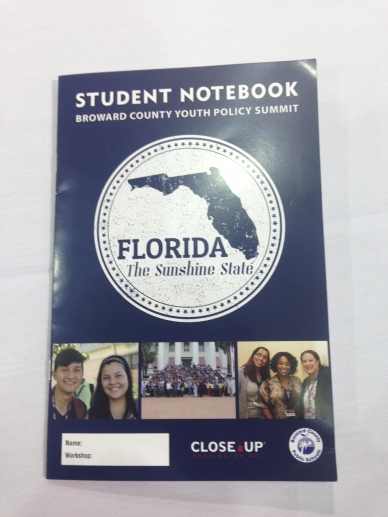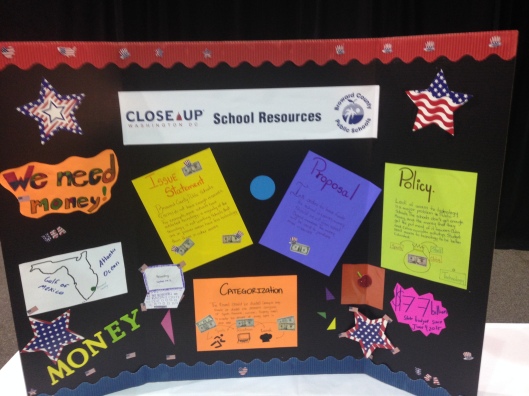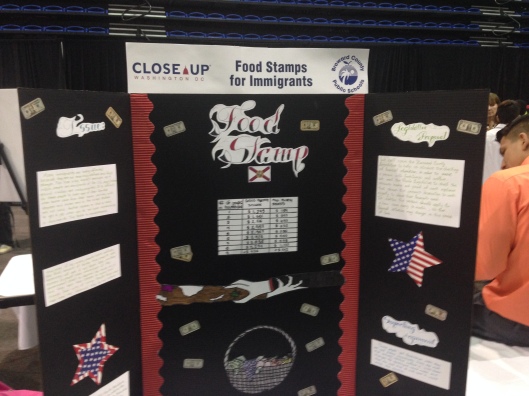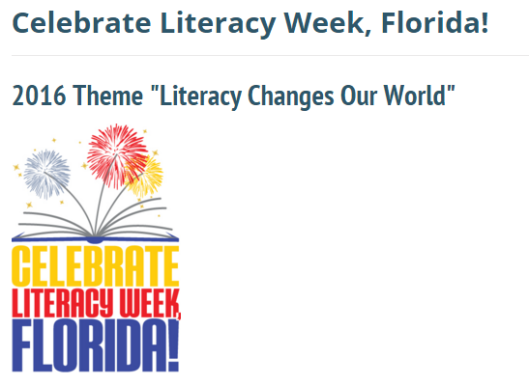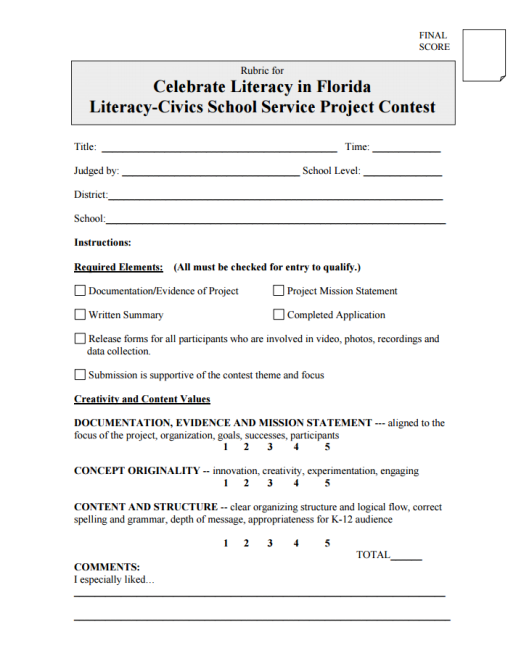Well, we here at the Florida Joint Center for Citizenship got some great news recently. Last year, I told you about our effort to create a civics certificate program for pre-service social studies teachers. Well, it gives me great pleasure to announce that the program here at UCF has been approved! While the program is, for budgetary, personnel, and university reasons, currently limited to University of Central Florida students, we hope in the future to create a graduate version of the program that we can offer to practicing teachers. We also hope to establish this certificate in other academic institutions across the state!
So what will this program involve? Well, the idea behind the certificate is that it will
provide the content, skills, and pedagogies needed to deliver instruction for 7th grade Civics in Florida. This would, we hope, improve the teacher’s ability to prepare their kids for the Civics EOCA at the end of the course (NOT the naturalization test, mind you!). It will also, we believe, support US Government instruction in high school, especially as there is some overlap across the benchmarks. It is open to UCF students who meet the following requirements:
- 3.0 GPA in major
- Completion of POS 2041 (American National Government) with at least a C.
- One page letter of intent: ‘Why does civics teaching matter?’
- Admission (or pending admission) to Social Science Education BS program
The program sequence is focused on best preparing students for the course that they will hopefully teach, and it includes an internship component that focuses on local government. After all, what better practice can you get to teach civics than to actually see civics in action at the local level! The course sequence is provided below:
12 Credit Hours:
- POS 4932: Teaching American Politics and Government
- POS 3272: Civic Engagement
- POS 4941: Internship in Florida Local Government
- SSE 4932: Teaching Civics in Florida
We will be hosting an open house here at the Lou Frey Institute on Tuesday, 01 December at 5pm to talk more about this exciting new program! We hope to see you here. :)


